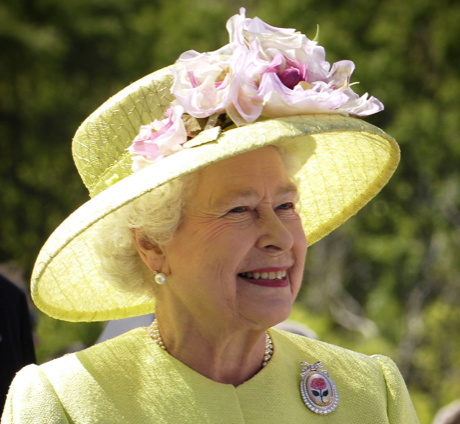Charities are being advised to steer clear of Royal patronages in a report that found no evidence that they can increase voluntary sector revenue.
The report Royal patronages of charities: what are they, who gets them and do they help? has been compiled by the consultancy Giving Evidence.
This found that three quarters of charities (74%) with Royal patrons did not get any public engagements with them last year.
“We could not find any evidence that Royal patrons increase a charity’s revenue,” said Giving Evidence, which also found no evidence that royal involvement increases generosity among supporters.
Giving Evidence said: “Charities often seem to think that a Royal patron will visit them, or enable events at palaces which they can use to attract press coverage or donors. In fact, most UK charities with Royal patrons did not get a single public engagement with their Royal patron last year.”
The report does accept that Royal patronage is cited by charities as boosting staff and beneficiaries’ morale.
“But we are trying to do science, so needed reliable and comparable data about the large number of charities that we needed to analyse. The sole such data are revenue, so we used that,” it added.
In addition to its research Giving Evidence has also produced a series of videos on why and how it investigated patronage and charities.
Its research also found no evidence that Royal patronage of charities in a specific locality boosts generosity levels among people in that area. It also found that London and south of England based charities are ‘over patroned’. While charities in the North of England are considered ‘under patroned’.
The UK royal family has 2,862 patronages, of which around half (1,187) are with charities. Most (1,067) have just one Royal patron, while 123 have multiple patrons.
Half of the single-patronage charities have Prince Charles, Princess Anne or the Queen as patrons.
The report concludes: “In short, we found that charities should not seek or retain Royal patronages expecting that they will help much.”
This year Prince Andrew withdrew from his public duties due to his association with disgraced financier and convicted paedophile, Jeffrey Epstein. This also saw the Prince step back from all 60 of his patronages with UK registered charities. The research concedes that it has not analysed the effect of Prince Andrew’s decision on charities’ finances.
Earlier this month, the Princess Anne supported charity the Animal Health Trust announced it was being formally wound up due to failing to attract long term finding. Princess Anne is the charity’s president.
Latest News
-
Charities should deploy AI ‘around real user needs’ not ‘internal assumptions’, says report
-
Improved NHS mental health support prompts charity’s closure
-
Scramble to house 87 people following homelessness charity’s sudden closure
-
Philanthropist hands health charity record £1m donation
-
OSCR’s transparency changes come into force this month
-
Monday movers - 2 March
Charity Times video Q&A: In conversation with Hilda Hayo, CEO of Dementia UK
Charity Times editor, Lauren Weymouth, is joined by Dementia UK CEO, Hilda Hayo to discuss why the charity receives such high workplace satisfaction results, what a positive working culture looks like and the importance of lived experience among staff. The pair talk about challenges facing the charity, the impact felt by the pandemic and how it's striving to overcome obstacles and continue to be a highly impactful organisation for anybody affected by dementia.
Charity Times Awards 2023
Mitigating risk and reducing claims

The cost-of-living crisis is impacting charities in a number of ways, including the risks they take. Endsleigh Insurance’s* senior risk management consultant Scott Crichton joins Charity Times to discuss the ramifications of prioritising certain types of risk over others, the financial implications risk can have if not managed properly, and tips for charities to help manage those risks.
* Coming soon… Howden, the new name for Endsleigh.
* Coming soon… Howden, the new name for Endsleigh.
Better Society

© 2021 Perspective Publishing Privacy & Cookies













Recent Stories